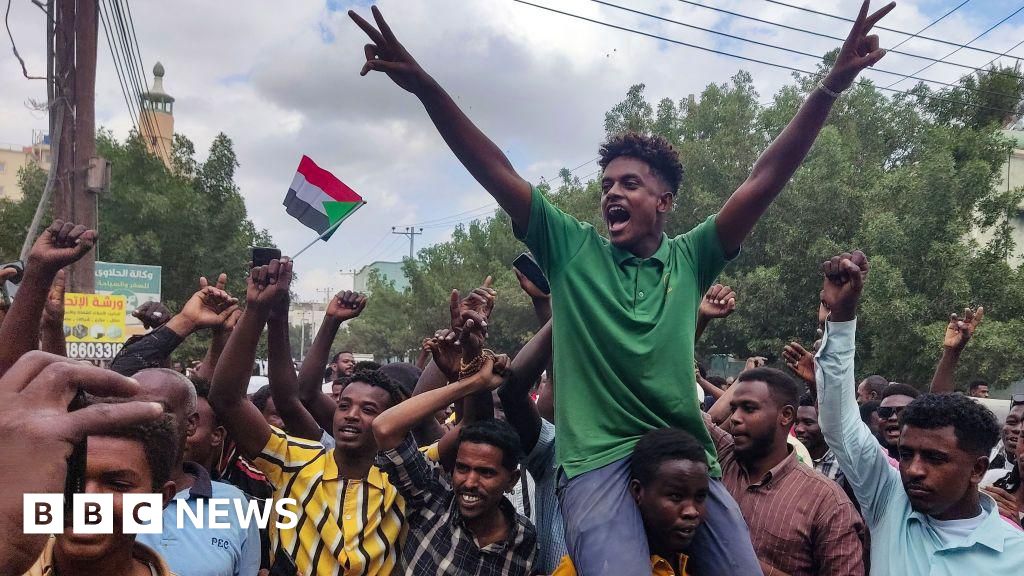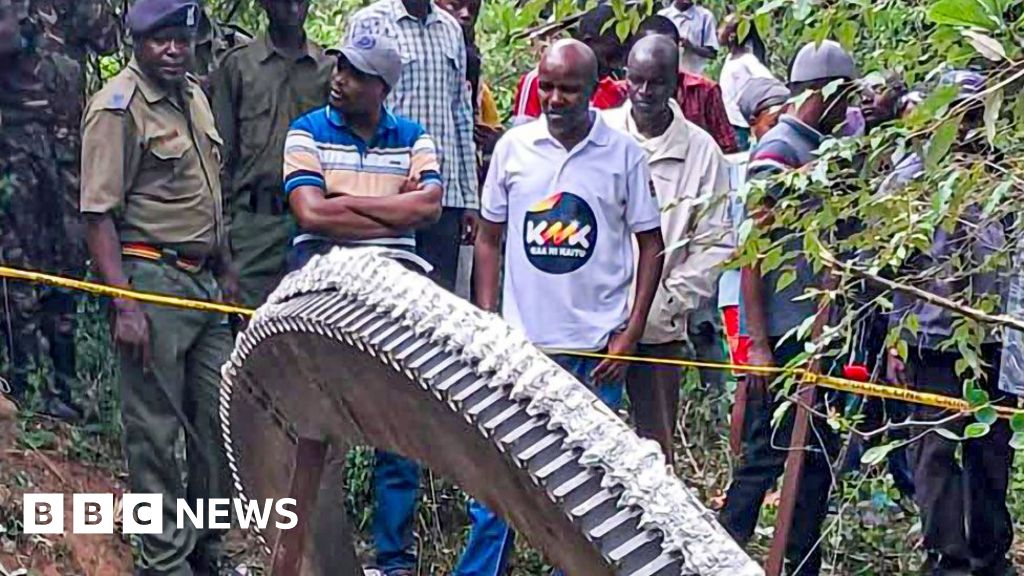ARTICLE AD BOX
image source, KCNA
image captionNorth Korean state media released this image of the new cruise missileNorth Korea has tested a new long-range cruise missile capable of hitting much of Japan, state media said on Monday.
Launches staged over the weekend saw missiles travelling as far as 1,500km (930 miles) away, according to KCNA.
The test does not violate UN Security Council resolutions - they have lead to tough sanctions on North Korea in the past.
But it suggests the country is still capable of developing weapons despite food shortages and an economic crisis.
The test of the cruise missile provides "strategic significance of possessing another effective deterrence means for more reliably guaranteeing the security of our state and strongly containing the military manoeuvres of the hostile forces," KCNA said.
The US military said that the test showed North Korea's "continuing focus on developing its military programme and the threats that poses to its neighbours and the international community".
It added that its commitment to defending allies South Korea and Japan "remains ironclad".
The reason some may shrug this missile test off is because it was a cruise missile. This type of missile isn't subject to UN Security Council sanctions which are in place to curb North Korea's nuclear programme.
Some may view this as a low-level provocation from Pyongyang - perhaps testing the waters to see what reaction it gets. It certainly didn't make the top headline in South Korea, nor did it make the front page of North Korea's state newspaper.
The problem is that North Korea is once again proving that it can develop new and dangerous weapons despite being subject to strict international sanctions.
These cruise missiles fly low and are difficult to detect, and a range of 1,500km would put much of Japan in range.
State media also describes these missiles as "strategic" which usually means that the regime hopes to put a nuclear warhead on it.
Analysts aren't sure yet if North Korea can miniaturise a nuclear warhead to fit on a cruise missile. However given how many advances the secretive state has made so far, no one would bet against it.
Pyongyang may have been quiet since talks between Donald Trump and Kim Jong-un broke down in Hanoi in 2019.
But it doesn't mean their weapons developers have not been busy.
UN Security Council sanctions forbid North Korea from testing ballistic missiles, which are considered to be more threatening.
North Korea last tested such missiles in March, which triggered a strong rebuke from the US, Japan and South Korea.
The latest launch came days after a scaled-down military parade in Pyongyang was held to mark the communist state's 75th founding anniversary.
It did not display any major ballistic missiles, but notably featured workers in hazmat suits, which may have been a sign that a special force was created to help prevent the spread of Covid-19.
As of 19 August, North Korea had recorded no cases of Covid-19, the World Health Organization (WHO) says - though critics say this is unlikely.
The country shut its borders in January 2020 to stop the spread of the virus, causing trade with its biggest economic ally China to plummet.
Since then leader Kim Jong-un has acknowledged that the country was facing food shortages, amid reports from aid organisations of people starving to death and a struggling economy.
But its nuclear plans have not been curtailed. Last month the UN atomic agency said that the country appeared to have restarted a reactor which could produce plutonium for nuclear weapons, calling it a "deeply troubling" development.

 3 years ago
42
3 years ago
42








 English (US) ·
English (US) ·